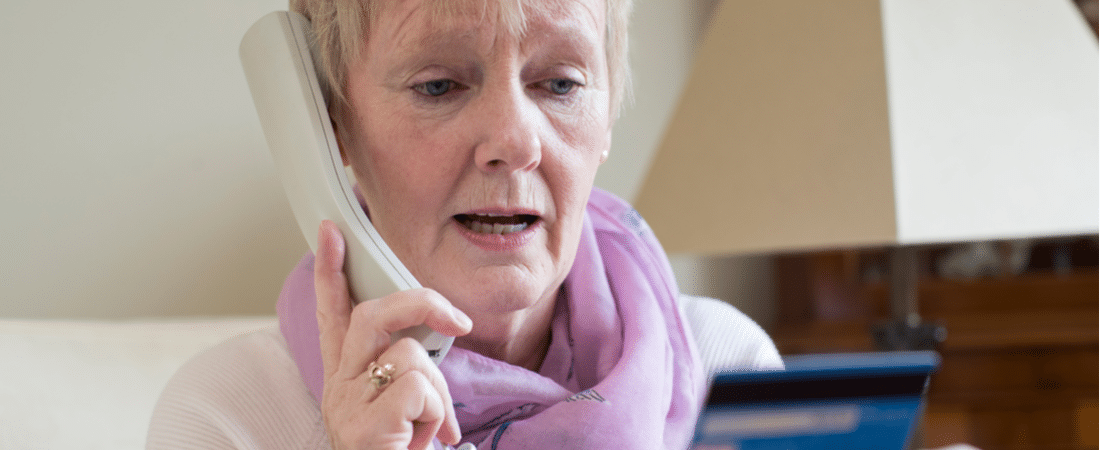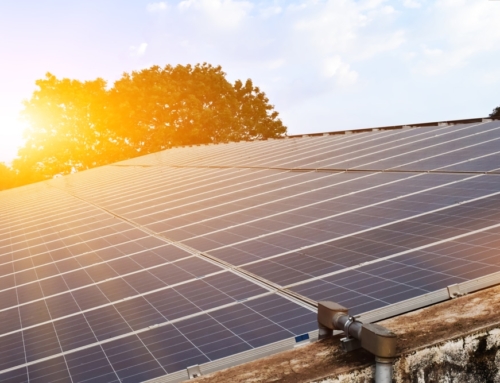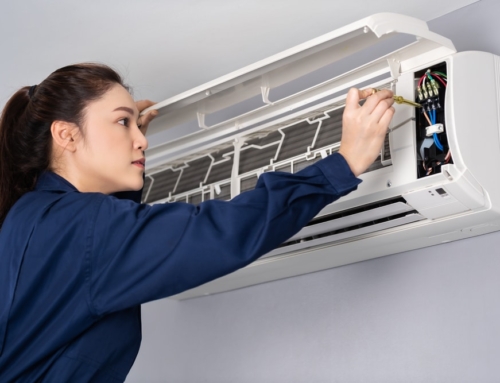COVID-19 scams: what to look for. How scammers are targeting Americans during the COVID-19 pandemic and what to do if you’re a victim of a COVID-19 scam.
Update: The types of COVID-19 scams were updated to include a new national unemployment mailing scam on July 30th, 2020.
Scammers have been working overtime this year, preying on COVID-19 fears and anxieties to steal from hard-working American families.
The Federal Trade Commission (FTC) has received 91,808 reports of COVID-19 fraud, an overwhelming number that cost Americans an estimated $59.27 million to date this year. Nearly 25 percent of seniors experienced an increase in robocalls since the COVID-19 pandemic began, including calls about COVID-19 treatments, financial relief, testing, stimulus checks, virus exposure, charitable donations and low-cost healthcare, according to a survey by Provision Living.
With the Senate set to work on a second stimulus package when they return from recess, Americans need to be vigilant about identifying elaborate scams and protecting their personal information.
COVID-19 Scams: What to Look for in a COVID-19 Scam
First, let’s look at some of the most common COVID-19 scams targeting Americans through various forms of communication like phone calls, text messages, emails, letters and even on social media:
COVID-19 Unemployment Scams
Scammers impersonate government agencies to mail fake debit cards to people who haven’t applied for unemployment.
COVID-19 Testing and Treatment Scams
Scammers sell or offer free coronavirus testing or treatments, herbal remedies or miracle cures.
COVID-19 Antibody Testing Scams
Scammers sell or offer free COVID-19 antibody tests.
COVID-19 Contact Tracing Scams
Scammers impersonate health officials working to track the spread of COVID-19.
COVID-19 IRS or Government Official Scams
Scammers impersonate the IRS or other government officials.
COVID-19 Charity Scams
Scammers seek donations for a charity that doesn’t exist.
CARES Act Stimulus Payment Scams
Scammers impersonate government officials or payment facilitators promising CARES Act stimulus payments.
COVID-19 Financial Relief Scams
Scammers impersonate government officials or nonprofit organizations offering financial aid.
COVID-19 Vacation Refund Scams
Scammers impersonate rental agencies offering refunds for vacations impacted by COVID-19.
COVID-19 Online Shopping Scams
Scammers impersonate online retailers selling COVID-19 cures, tests, vaccines, masks and disinfectants.
The best way to avoid a COVID-19 scam is to be overly skeptical about any requests for personally identifiable information (PII), such as your full name, mailing address, social security number, driver’s license number, bank account number and email address.
Scammers aim to catch you off guard, hoping you’ll answer their questions and give them your PPI before it dawns on you that something might be fishy. They create fake phone numbers, logos, websites, emails and whatever else they need to make targets think they’re a legitimate agency. Then, they create a sense of urgency to motivate you to divulge important information without much forethought.
When you err on the side of caution, you’re less likely to fall into the traps scammers have set.
COVID-19 Scam Resources
If you think you are a victim of a COVID-19 scam, you can report it by calling the Department of Justice’s National Center for Disaster Fraud at 866-720-5721 or submit a web complaint form.
If you want to make a complaint to the FTC about receiving robocalls, texts and other unwanted communications about COVID-19 you can do so using their online complaint assistant.
If you want to learn more about COVID-19 scams in your area, the FTC created an interactive COVID-19 complaint data dashboard where Americans can learn more about the different types of complaints they’ve received from consumers in each state.
More on Topics Related to the COVID-19 Pandemic and COVID-19 Scams
How Can You Help Better Protect Yourself Against Identity Theft
Understanding COVID-19 Homeowner Relief Resources
Home Improvement Projects Impacted by COVID-19
Covid-19: Property Tax Payment Extensions and Penalty Waivers
How Will the Coronavirus Impact the Housing Market in 2020?







Leave A Comment